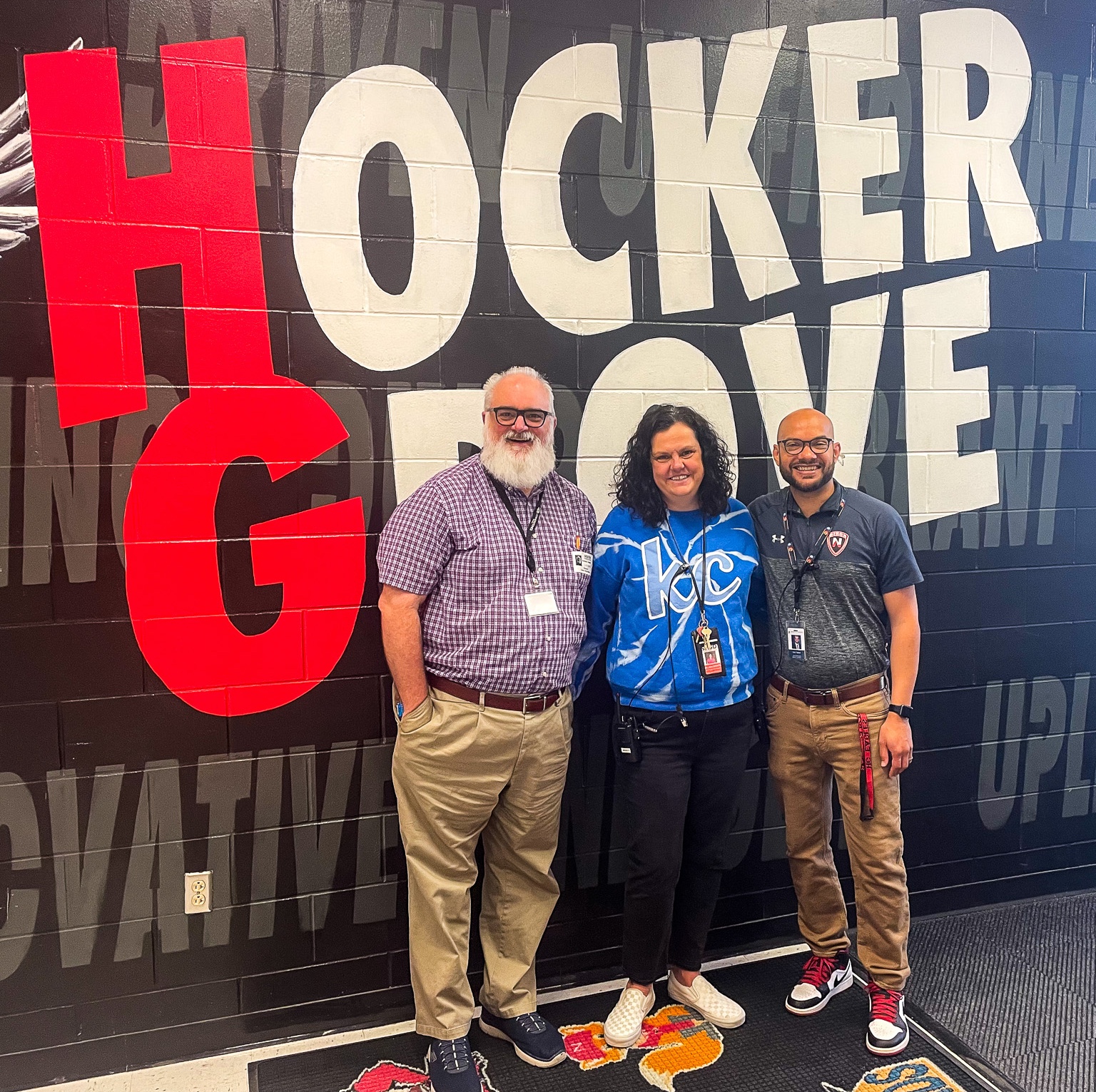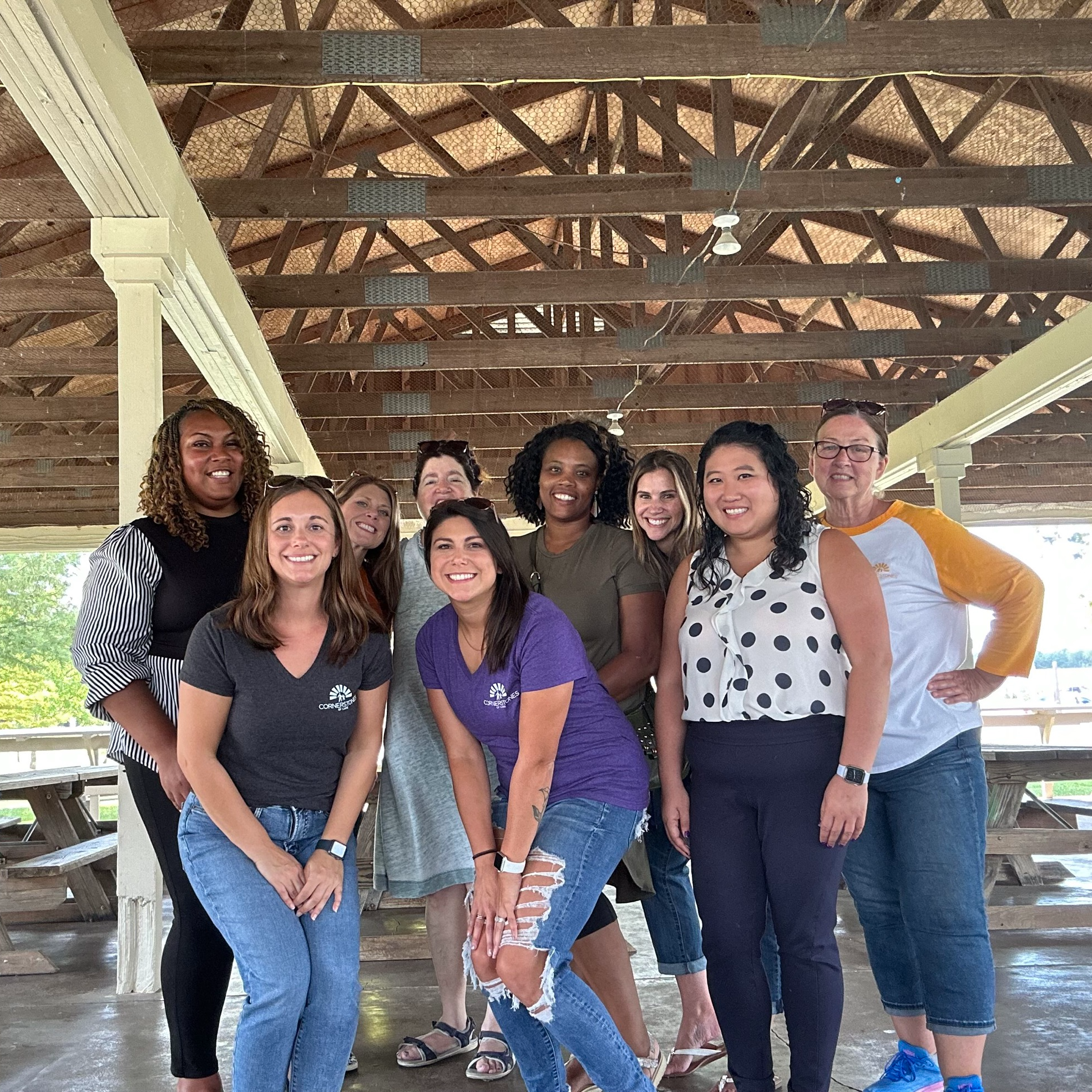

Learn how a dedicated school counselor, an assistant principal, and a supportive team joined forces with their BIST Consultant to implement the model and foster trust, skill-building, and, ultimately, success for one Hocker Grove Middle School student.

The eighth-seeded Ozanam Eagles boys’ basketball team played its opening round of the Great Plains Athletic Conference tournament on February 20, facing the top-seeded Independence Home School Lions.
.png)
From fighting dragons at Sandbox Virtual Reality to catching foul balls at a Kansas City Monarch’s baseball game, the youth in Cornerstones of Care’s on-campus living programs enjoyed a wide variety of field trip adventures in 2023.

Part 3 - Boundaries with Remote Teams | If you’ve ever seen an episode of The Office, you’ll recognize what can happen when coworkers have poor boundaries with one another – office romances, secrets and scandals, and lots of interpersonal drama. While it may be entertaining on the television screen, it’s clear that a work environment like the one depicted in The Office is problematic at best.

This National Mentoring Month, learn more about Catherine and Allen, two of our incredible mentors, who dedicate their time to two youth in the Ozanam Campus Residential Treatment Program.